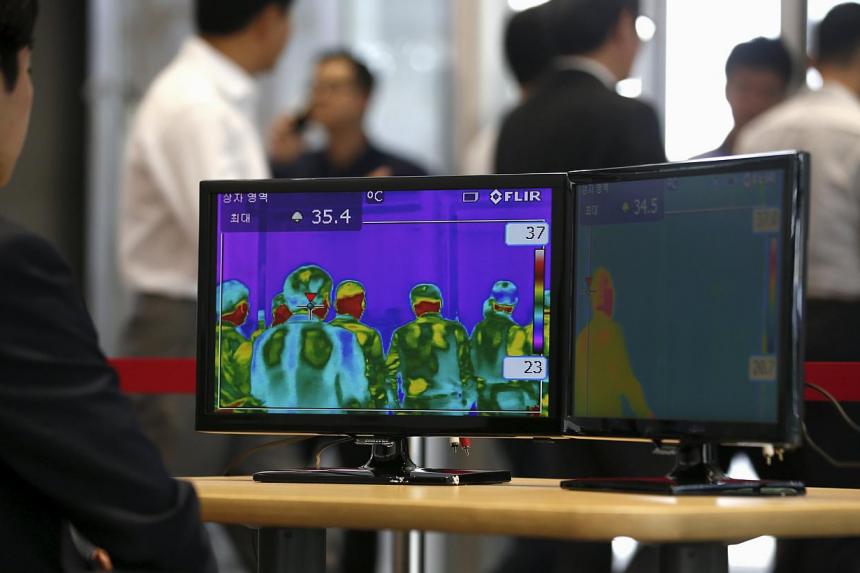MANILA - We Filipinos are suckers for mushy telenovelas and slapstick comedy, so we get excited very easily.
Some mistake it as uncouth behaviour when we suddenly start laughing hysterically inside a quiet bus for apparently no reason at all. But that's just us. Keep calm and carry on, that's not us.
That is to say, we're prone to bouts of anxiety.
Of course, generally that is a negative trait. When faced with adversity, one is supposed to be calm and rational, so that the ideal solution can be reached.
But in dealing with Middle East respiratory syndrome (Mers), severe acute respiratory syndrome (Sars), Ebola and all those deadly microbes that have lately plagued the world, our best weapon seems to have been exaggeration: Drum up as much excitement, or fear, about it as possible, so that everyone will know what the fuss is all about and, well, panic accordingly.
When the Ebola epidemic was at its peak, health officials here were warning: It'll just be a matter of time before the virus reaches our shores.
I thought statements like those were just over the top, and even irresponsible, as they tended to sow disquiet and irrational fear instead of assuring the public.
But then I realised that it might have been the best tack to take: Sow a measured amount of fear, so that no one will become complacent.
Sure, you may end up with an outbreak of mass hyperboles - low-grade fever being mistaken for life-threatening pneumonia, or a bump in the noggin being suspected as a cancerous tumour. But at least you'll get the public to run to the nearest clinic for the first sign of trouble.
The Philippines has had close brushes with the Mers coronavirus.
In April last year, a Filipino nurse tagged in the United Arab Emirates as a Mers-coronavirus carrier landed in Manila from Abu Dhabi.
Then in February this year, the Health Department announced the first case of Mers diagnosed in the country. A 32-year-old nurse tested positive days after arriving in the Philippines from Saudi Arabia.
In both cases, the government's response has been to make as much noise as possible.
Health officials held daily news briefings, telling the public to stay calm but also to be on alert for symptoms of infection.
On newspapers, TV, radio and online, they kept repeating the signs and informing the public what numbers to dial and where to go if they thought they might have caught the virus.
In the case of the two nurses, the Health Department quarantined everyone with whom they had contact.
All passengers who were on the plane with the nurses were told to submit themselves for testing.
Each day, health officials issued updates about those in quarantine, never holding back information.
There were cases when the response might have been excessive.
For instance, despite testing negative, more than 100 Filipino peacekeepers returning from almost a year in Ebola-stricken Liberia were still quarantined for 21 days on an isolated island when they arrived in the Philippines.
Measures like that will surely not fly elsewhere.
A New Jersey medical volunteer who went to Liberia to help Ebola patients successfully fought in court efforts to keep her quarantined despite testing negative for the virus.
But in the Philippines - where a scene in which a movie star splits a bullet in two by firing it through the edge of a knife is completely plausible - over-reacting is just part of the plan.
The mantra has been: Better safe than sorry. And so far, it has worked.


